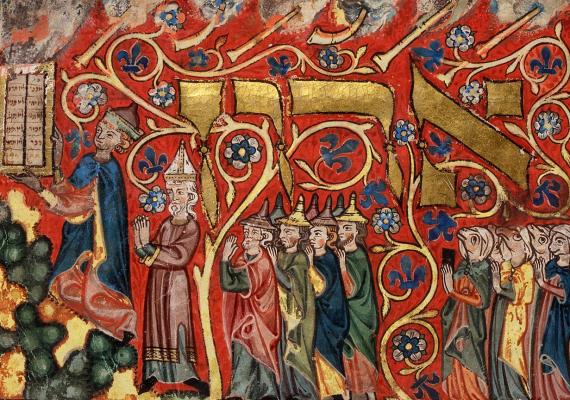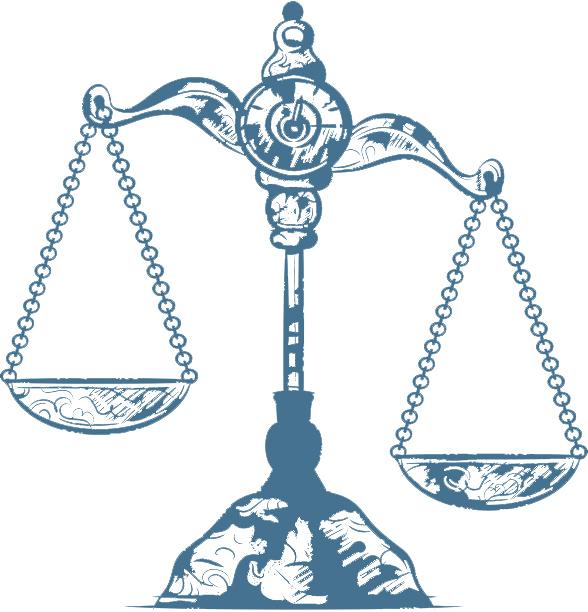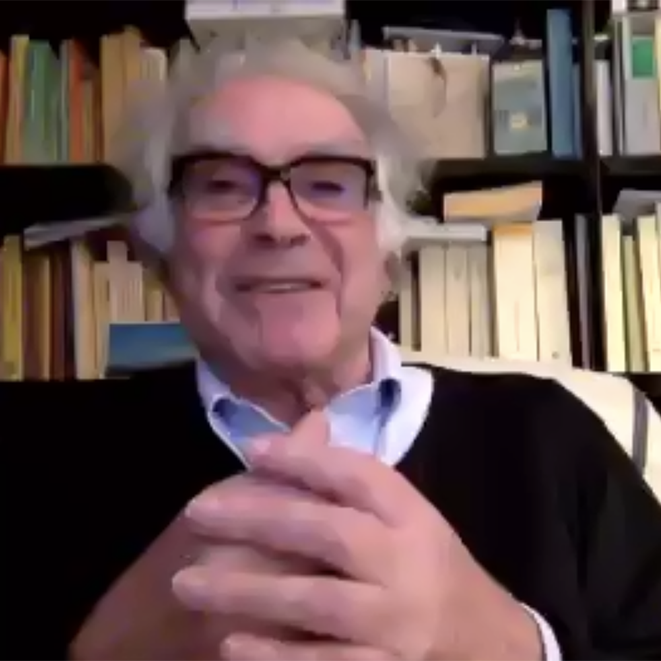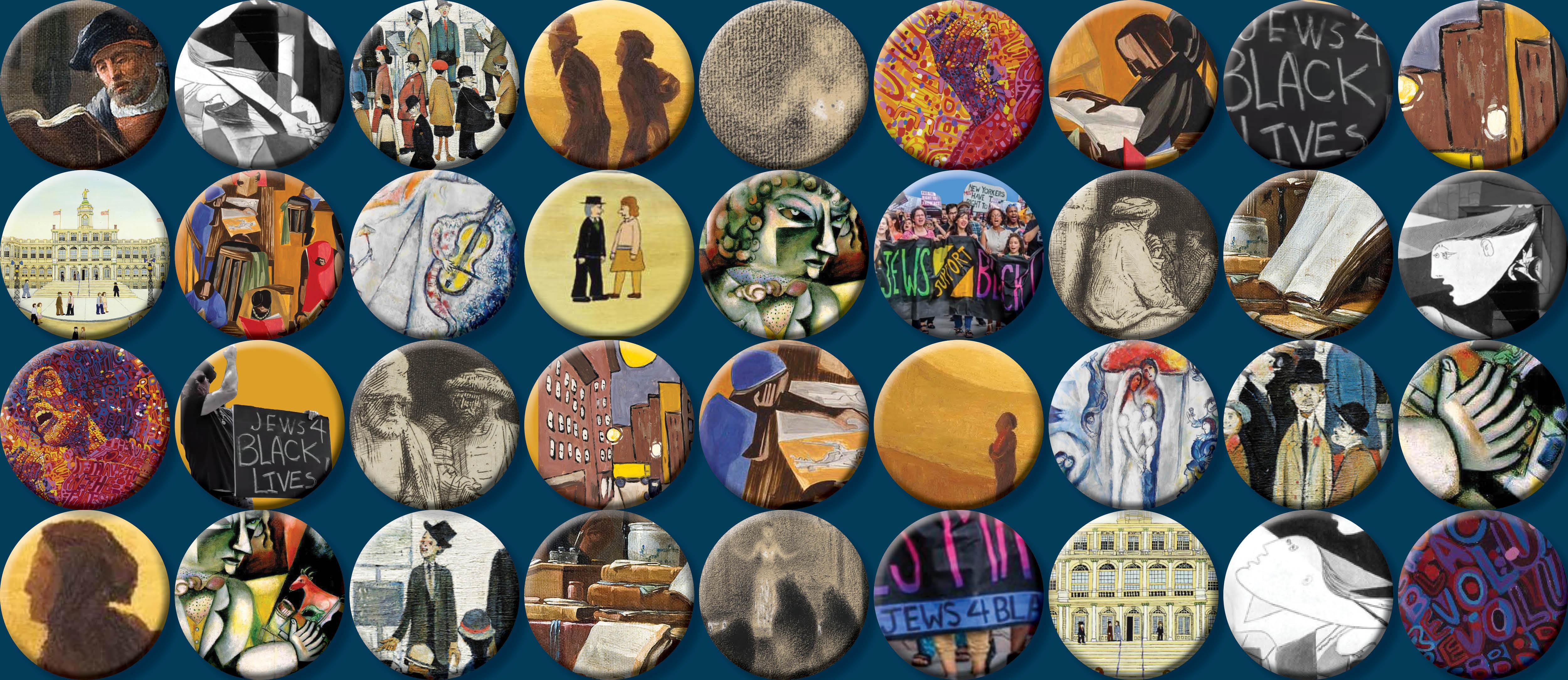Kicking off the 2021–2022 Katz Center Public Programs
Free online lectures scheduled through January!

"The Book of Ruth and the Book of Ecclesiastes with Joseph Kara's commentary," ca. 1322, held in the British Library.
Each year, the Katz Center offers a lineup of public programs to share the fruits of scholarly research with wider audiences. Open to everyone, these lectures feature current fellows along with colleagues from across the field talking about new and critical issues in Jewish studies.
Our fall programming begins with a three-part series exploring the historical context of Jewish law. Three talks begin to examine major halakhic compilations and codes within the worlds of their creation. Centuries of tradition treat the Mishnah, Talmud, and other texts as settled law and as contributions to rabbinic thought. But in their own times, they were outliers. Each one diverged remarkably in form and content from the Jewish writings of their time and place. So how did they get that way, and how did they become canon? Who composed them, what were they trying to achieve, and why did they choose the format and the topics they chose?
In October, we’ll host scholars Mira Balberg (UC San Diego), Simcha Gross (University of Pennsylvania), and Shai Secunda (Bard College) to speak about the Mishnah and the Talmud. The series continues in January with Eve Krakowski (Princeton University) on Maimonides’ Mishneh Torah and Alyssa Gray (HUC–JIR) on Joseph Karo’s Shulhan Arukh.
Starting in November, we’ll turn to a topic that has been on many people’s minds: the critical study of race and its place in Jewish history. As an approach to understanding systemic inequality in the legal system, “critical race theory” has a specific purview, but it is connected to a wider attempt to decode the ways race has been constructed and deployed in social, religious, and legal contexts across history. Scholars in Jewish studies have long queried the role of race in Jewish history, with recent work connecting ever more deeply to the critical study of race more broadly.
This series includes scholars focusing on three distinct periods of Jewish history to help us understand the complex trajectories of ideas about race and the cultural systems that support and enact them. Dorothy Kim (Brandeis University) will look at the premodern world, Aviva Ben-Ur (University of Massachusetts Amherst) will discuss the early modern Atlantic, and Sarah Imhoff (Indiana University Bloomington) will bring the conversation into this American century. The talks all get at two central questions: How is race a helpful lens for understanding the Jewish historical experience? And, how does thinking about Jewish history inform large-scale questions about racial thinking and systemic racism?
Finally, December brings a panel discussion on community and ethnicity. The release of the 2020 Pew Study, featuring newly compiled data about American Jewish life, coincided with passionate debate among scholars about the very concepts of “community” and “continuity” that have come to define Jewish belonging and influence institution-building—concepts that also shape aspects of the field of Jewish studies. How do the notions of “community” and “continuity” include and exclude certain people and activities?
In this program a panel of four distinguished scholars—Gilah Kletenik, Shaul Magid, Samira Mehta, and Benjamin Schreier—will reckon with the implications of these seemingly simple terms in theory and practice.
We hope you’ll join us for these free one-hour online programs. Learn more here.


